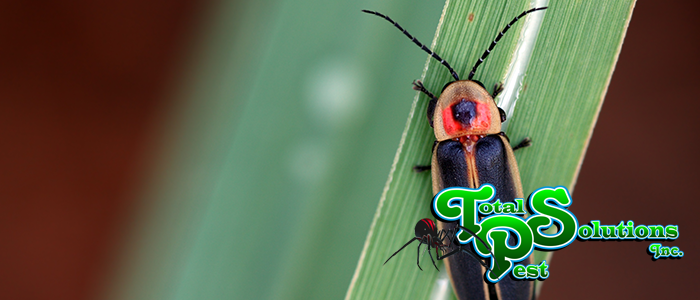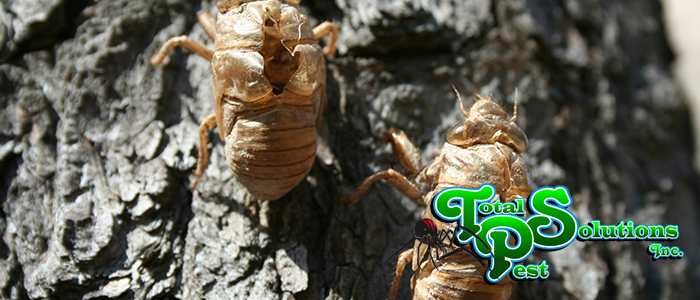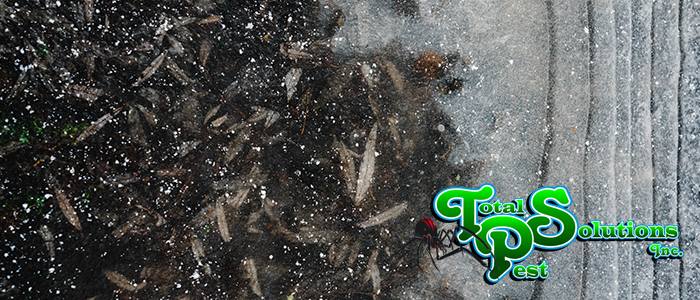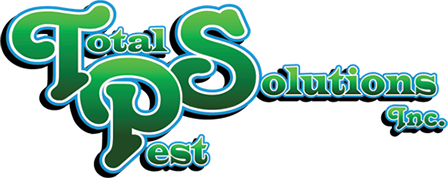
Soil enrichment speaks to the health and beauty of your plants. as your plants grow, they take the nutrients from the soil below them. Healthy soil means healthy plants. But, how can you keep your soil healthy without disturbing the root systems of your existing plants? In this article, we will be looking at soil enrichment practices you can start using today.
If a home or business located in the Polk County, FL area needs lawn care services, contact us today. We’re always happy to help!
Composting
Soil enrichment starts with a layer of biodegradable matter that can seep below plants. What better biodegradable material to use than all natural compost! After all, gardeners know that compost is a material layer made up of your organic leftovers. For instance, coffee grinds, potato peels, orange rinds and egg shells make great organic matter for compost. The vitamins and minerals inside these materials enter the soil as they start to decompose. The biodegrading material encourages the presence of beneficial insects like the earthworms. Earthworm continue the cycle of soil enrichment by fertilizing with excrement. This article has a simple method for your composting journey.
Manure
Speaking of excrement, our ancestors found manure useful as a soil enrichment tool for centuries. The manure from naturally raised farm animals can be repurposed as soil enrichment. Manure contains nutrients left over from the animal’s digestive system as well as a healthy dose of nitrogen. Gardeners reintroduce nutrients such as phosphorus, potassium and nitrogen to the soil through manure. Yet, those who produce manure must treat the producto remove harmful bacteria before use. Your local home and garden center may carry treated manure.
Ashes
Ashes left over from a fire pit or fire place are great for soil enrichment. Wood ash contains the leftover minerals that existed in the tree as well as the nutrient by-product of burning. Natural fertilizers like wood ash distribute the excess nutrients and minerals throughout your garden. Plants that show a deficiency in potassium, magnesium or phosphorus will receive restorative nutrients through the root system. In addition, you can add this with other soil enrichment methods for a better boost of minerals.
Fertilizers
Many fertilizers act as soil enrichment themselves. Some fertilizers have the added benefit of pest control for your garden. Organic fertilizers such as a shellfish fertilizer can repel parasites and nematodes that could ruin your garden. Phosphate fertilizers increase mineral content. Homeowners need to select a fertilizer that complies with the needs of their garden. Plants with a mineral deficiency Will show signs a damage. Research each plant for information specifically for that deficiency.
Mulching
Mulch is not as much a soil enrichment method as much as it is protection. Mulch protects the soil by locking moisture saving nutrients into the material. As a benefit, mulching can deter pests while strengthening the plant’s support system. Preventing harmful weed growth, providing a boundary, and anchoring root systems are other benefits.
Your garden is just as much a living ecosystem as it is a source of beauty and plenty. Each should be cared for on an individualized basis. Soil enrichment fertilizers can even be added to your lawn maintenance plan. Talk to your maintenance technician for more information.
Total Pest Solutions services inside and outside of the home or business. Give us a call today to schedule an appointment.
continue reading
Related Posts
Early Lovebug Prep in Winter Haven: Protecting Exteriors Before Swarms
Davenport’s Pine Beetle Threats: Protecting Trees in Dormant Season As
Winter Roach Hotspots in Lakeland: Kitchen & Bathroom Prevention As







